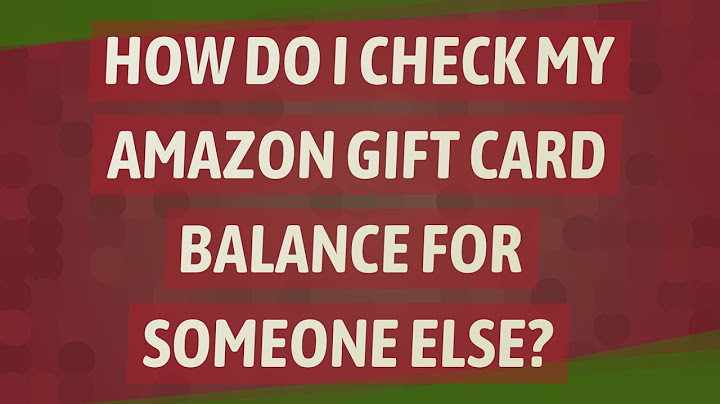 Show
It’s sometimes hard to tell if your child’s runny nose and sneezes are coming from their allergies or possibly a winter cold. But knowing the difference is critical to avoid over-medication, warns the Food and Drug Administration (FDA). The FDA is cautioning parents about the dangerous health consequences of kids taking more than one medication at a time, especially if those meds have the same active ingredient. The danger happens when children are given over-the-counter drugs for both colds and allergies at the same time. Parents run the risk of providing a double dose of an active ingredient, says the FDA. “It’s imperative for parents to check the active ingredients on all medications before giving them to their children,” says Dr. Jennifer DeBruler, an internal medicine physician with Advocate Medical Group “If you’re not sure how certain medications will interact with each other, reach out to your doctor for advice.” An active ingredient is defined as the component that makes the drug effective at treating the illness. Inactive ingredients are used to make the drug dissolve faster or taste better. Antihistamines pose a particular problem. “Too much antihistamine can cause sedation and—paradoxically—agitation. In rare cases, it can cause breathing problems, including decreased oxygen or increased carbon dioxide in the blood, said Dr. Hari Cheryl Sachs, an FDA pediatrician in a news release. “Many parents may be giving their children at least one product with an antihistamine in it,” Sachs said. Doubling up on other active ingredients such as acetaminophen and ibuprofen can also cause problems. An overdose of acetaminophen can cause damage to the liver and too much ibuprofen can cause nausea, diarrhea, and even kidney failure the FDA says. Common decongestants like pseudoephedrine taken in large quantities can lead to severe drowsiness and can disrupt heart rhythms, the FDA warns.
Safety Information for Parents and CaregiversChildren under 2 years of age should not be given any kind of cough and cold product that contains a decongestant or antihistamine because serious and possibly life-threatening side effects could occur. Reported side effects of these products included convulsions, rapid heart rates and death. What about older children? When giving cough and cold medicine to children over 2 years of age, parents and caregivers should use caution. A meeting about the safety and effectiveness of cough and cold drug product use in children by the U.S. Food and Drug Administration in 2007 revealed that there were many reports of harm, and even death, in children who used these products. During 2004-2005, an estimated 1,519 children less than 2 years of age were treated in U.S. emergency departments for adverse events, including overdoses, associated with cough and cold medications. Manufacturers voluntarily removed over-the-counter (OTC) infant cough and cold products intended for children under 2 years of age due to these safety concerns. Treating Toddlers and Older ChildrenCough and cold products for children older than 2 years of age were not affected by the voluntary removal and these products are still sold in pharmacies and other retail outlets. Manufactures also voluntarily re-labeled these cough and cold products to state: “do not use in children under 4 years of age.” Parents need to be aware that many OTC cough and cold products contain multiple ingredients which can lead to accidental overdosing. Reading the Drug Facts label can help parents learn about what drugs (active ingredients) are in a product. When giving children 4 years of age and older a cough and cold product, remember, OTC cough and cold products can be harmful if:
Children should not be given medicines that are packaged and made for adults. Other Options for Treating ColdsHere are a few alternative treatments for infants to help with cough and cold symptoms:
Resources For You
Can a child take cough medicine and allergy medicine at the same time?What Issues Are There from Combining Cough Medicine & Antihistamines? Common over-the-counter medications like cough suppressants and antihistamines are generally though to be perfectly safe – and if taken as directed, they usually are.
Can I give my son allergy medicine and cough medicine?Safety Information for Parents and Caregivers. Children under 2 years of age should not be given any kind of cough and cold product that contains a decongestant or antihistamine because serious and possibly life-threatening side effects could occur.
Can I give my kid cold medicine after allergy medicine?Don't combine prescription medicines with OTC medicines unless your child's doctor says it's okay. Don't use more than 1 OTC cough and cold medicine at the same time unless your child's doctor says it's okay. They may have similar active ingredients that add up to be too much medicine.
Can I give my toddler Zyrtec and cough syrup?Interactions between your drugs
No interactions were found between Robitussin Children's Cough & Cold CF and Zyrtec.
|

Related Posts
LATEST NEWS
Populer
About

Copyright © 2024 ShotOnMac Inc.




























